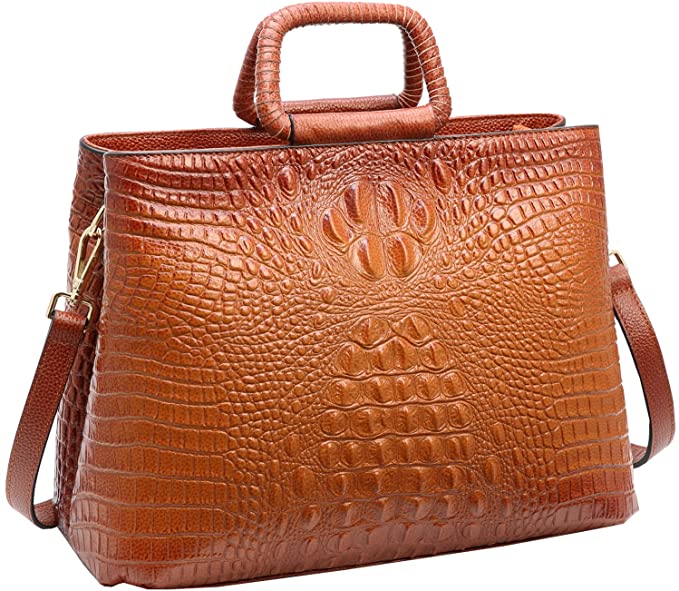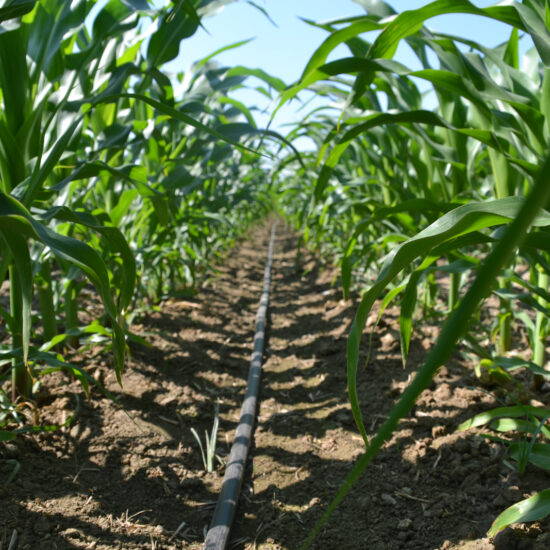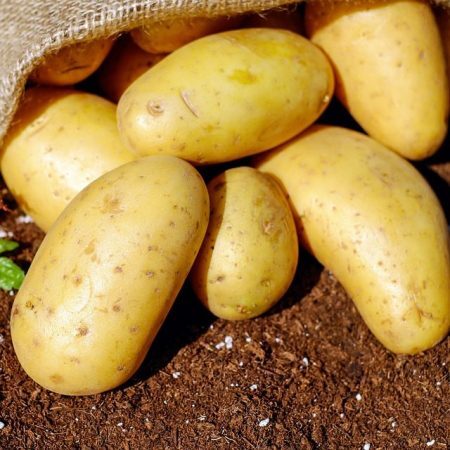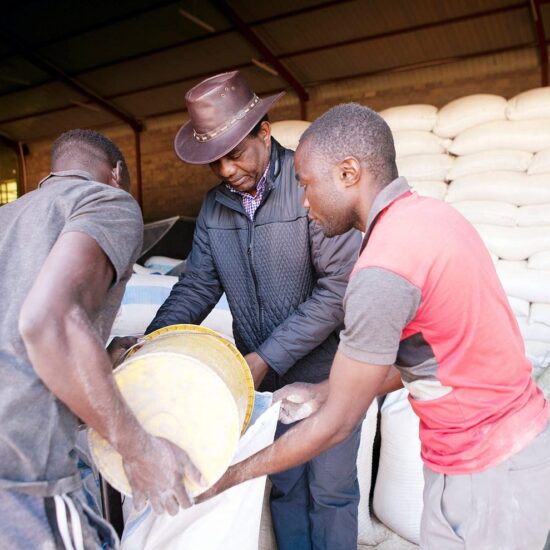
The Zambia Crocodile Farmers Association (ZaCFA) has revealed that plans are advanced for a new crocodile farm to open in over 20 years. This is despite the negative effect on the luxury leather market by Covid.
The Association told the Zambian Business Times – ZBT that they are confident that the industry will turn around following the removal of the 10% export duty in the 2021 Budget. Export duties we’re previously imposed on export raw crocodile skins
Association Spokesperson and Kalimba Farms Chairman Bill Thomas said the benefit of the duty removal is that there is an advanced plan for a new [and commercial] crocodile farm to be open in Zambia adding that this will be the first new farm in Zambia for over 20 years.
Thomas said the start-up costs are large with little anticipated return for first three years. He stated that plans to open a tanning operation are at an advanced stage and trials have been already been undertaken.
“We are now confident that this operation will be fully functioning by the end of 2021 which will give value addition to the raw materials prior to export”, he said.
Thomas told ZBT in response to the query that the employment numbers in the industry have also increased by about 28 percent, with the addition of an extra 176 jobs since the removal of the duty at the start of this year.
He said the main reason for growing a crocodile is for the skin but there are by-products such as meat and oil and sales of these have continued to grow within the local market.
Thomas however noted that the overall number of skins exported in 2020 declined slightly compared with the 2019 numbers due to the impact of the COVID-19 pandemic on the luxury leather market.
He added that exports were also negatively affected because international inspectors were not able to travel to grade the skins due to travel restrictions. The Zambia crocodile farmers association members rear Nile crocodiles, with skins sold internationally for luxury footwear, handbags and garments while the meat and other by-products are sold locally.








